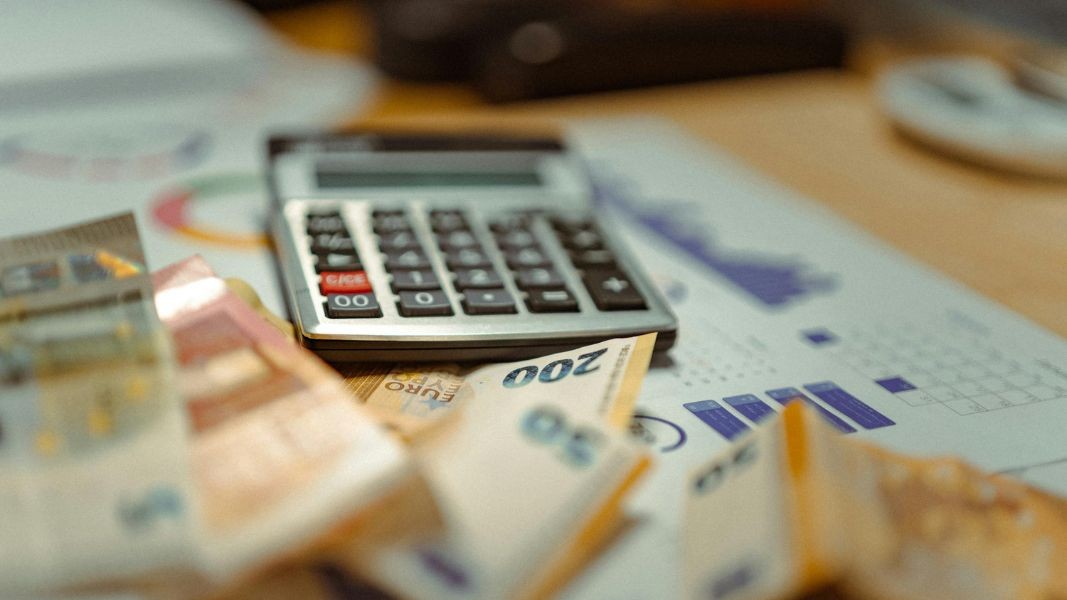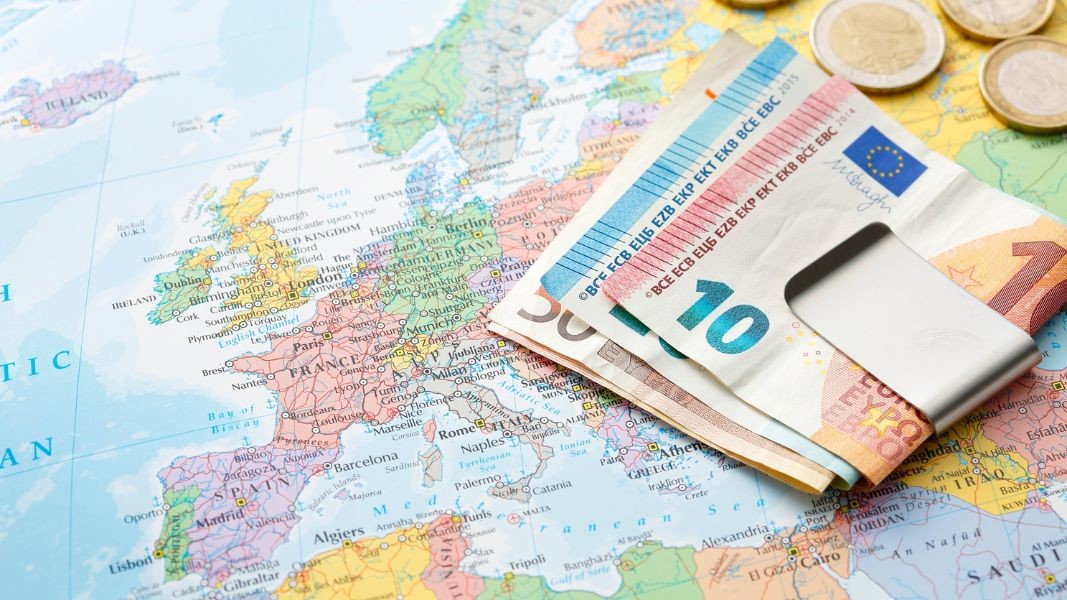From fear and doubts to joy and support – Bulgarians react differently to the upcoming introduction of the euro on January 1, 2026. For some, it is a logical step towards Bulgaria’s integration into the EU with promises of stability and easier business, but high prices and inflation are causing concern. While institutions, together with part of the business community, support the transition to the common currency, Bulgarians wonder whether this would lead to a further deterioration in their purchasing power and new economic collapses.
Hristo Marinov is an economist by education and an accountant by profession. His accounting firm has been working for many years mainly with foreign citizens who live or do business in Bulgaria.

"Many of my clients contact me in connection with the transition to the euro. Their main concerns are in two directions. One is in connection with current accounting issues, such as payment of taxes or changes in accounting. The others are rather general, such as whether real estate prices and the cost of living in Bulgaria would change, as a significant part of them live here precisely because of the lower cost of living," the economist tells Radio Bulgaria.
According to Marinov, Bulgaria’s Schengen membership from the beginning of 2025 and the upcoming introduction of the euro contribute to attracting foreigners, although the increased interest started as early as the end of 2023. His clients are mainly digital nomads and entrepreneurs who choose Bulgaria to live, work and pay taxes. His accounting firm already provides services to citizens of nearly all European countries. "There is increased interest, this trend is permanent and shows no signs of changing," Hristo Marinov says:

"From the beginning of 2024 to the end of 2025, my new clients, who are more than a hundred people, will contribute approximately 3 million levs (1,533,921 euro) to the Bulgarian budget annually. These are taxes and social security contributions - new revenues, new businesses. In addition to these 3 million levs to the budget on an annual basis, these people have earned additional amounts of about 50 million lev (25,565,360 euro), which have entered the territory of Bulgaria in the form of income - this money is used for living expenses, for buying properties, various items. In other words, this is consumption that is done in Bulgaria."

Despite concerns that the switch to the new currency would lead to further price increases, Marinov points out that inflationary processes are a global phenomenon:
"I believe that the rise in prices has nothing to do with our admission to the eurozone. This process began after 2020, after Covid, when most European countries injected huge amounts into their economies. Then, strong inflationary processes immediately began throughout Europe. Prices are much higher in other countries. For example, a rent of 500 euros in a Bulgarian city costs about 2,000 euros in the Netherlands. Yes, there is a rise of prices in Bulgaria at the moment, but it is not related to the adoption of the euro, but to the consequences of the Covid pandemic and the war in Ukraine. Entry into the eurozone will bring lower transaction costs, more investors and easier financing for Bulgarian banks from European banks, which improves the business environment and ultimately the quality of life, since it is the business that forms the taxes and social security that the state distributes," Hristo Marinov says in conclusion.
Author: Veneta Nikolova
Publication in English: Al. Markov
Photos: Facebook /Hristo Marinov, Pexels
The mountain resort of Bansko is set to become the capital of mountaineering culture, adventure, and travel, featuring films, exhibitions, and presentations that detail the limits of human possibility. From November 19 to 23, the "Bansko Film..
The Bulgarian Embassy hosted the second concert of the 17th season of the Bulgarian Music Society in Washington. On 14 November, guests enjoyed a unique show by two world-class artists, both originally from Bulgaria: Desi Jordanoff, a folk dance master,..
Generation Z students (born 1995–2012) are widely using artificial intelligence in their learning, with teachers reporting that more than 85% complete homework and study with the help of digital assistants. Children tend to see AI as a partner..
Teodora Byalkova joined the Bulgarian Sunday school "Sts. Cyril and Methodius" in Athens in the 2022/23 school year. At that time, she..
The village of Novo Selo is located on the road between Veliko Tarnovo and Sevlievo. Here archaeologists have found tools used by..
On the eve of Christian Family Day, 21 November, dozens of couples from Dimitrovgrad renewed their wedding vows after spending more than half a century..

+359 2 9336 661
